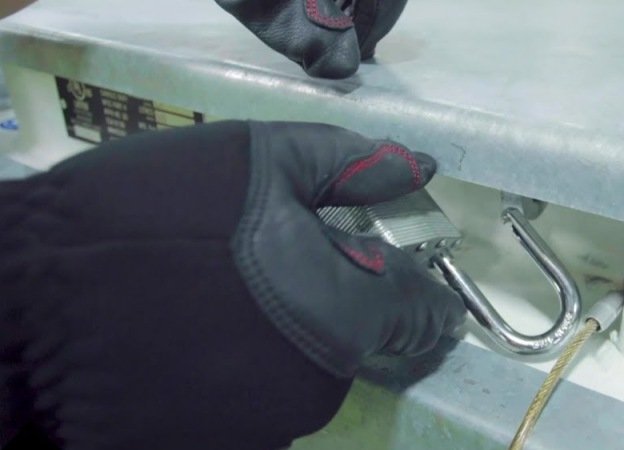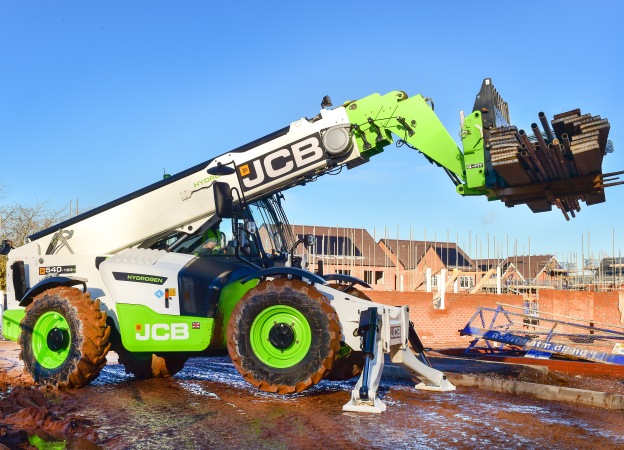Fuelling Concerns: Tackling the Rising Tide of Fuel Theft on UK Construction Sites

Fuel theft is a significant issue on UK construction sites, leading to considerable financial and operational impacts. Here are some statistics and insights related to fuel theft in the UK construction industry:
Prevalence:
High Frequency: According to a survey by the Chartered Institute of Building (CIOB), fuel theft is one of the most common types of theft on construction sites, with around 51% of respondents experiencing it.
Increased Incidents: The Construction Equipment Association (CEA) reports that fuel theft incidents have been rising, exacerbated by higher fuel prices and economic conditions.
Financial Impact:
Costly Losses: The cost of fuel theft to the UK construction industry is estimated to be around £1 million per week. This figure includes the direct cost of the stolen fuel and the indirect costs such as project delays and increased insurance premiums.
Insurance Claims: Fuel theft contributes to a sizeable proportion of insurance claims made by construction companies, affecting their premiums and overall insurance costs.
Methods of Theft:
Siphoning: The most common method is siphoning fuel directly from vehicle tanks or storage containers.
Unauthorised Refuelling: Some thefts occur through unauthorised refuelling operations, where fuel is taken under the guise of legitimate refuelling activities.
Security Measures:
Preventive Strategies: Construction sites are increasingly investing in security measures such as CCTV, secure storage tanks, and fuel management systems to deter and detect theft.
Technological Solutions: The adoption of GPS tracking for fuel tanks, fuel level monitoring systems, and the use of secure fuel bowsers are becoming more prevalent as part of efforts to combat fuel theft.
Regional Variations:
Hotspots: Certain regions in the UK experience higher rates of fuel theft, often correlating with areas of high construction activity or more significant economic disparities.
Urban vs. Rural: Fuel theft tends to be more common in rural construction sites due to their isolation and less frequent surveillance compared to urban sites.
Law Enforcement and Prosecution:
Challenges in Prosecution: Prosecution rates for fuel theft are relatively low, partly due to the difficulty in catching perpetrators in the act and the challenges in gathering sufficient evidence.
Police Collaboration: Construction firms are working more closely with local police forces to report incidents and share intelligence on suspected fuel theft activities.
These statistics underscore the ongoing challenges and significant impact of fuel theft on the UK construction sector. The industry continues to seek more effective solutions to mitigate this issue, ranging from improved security measures to technological innovations.











